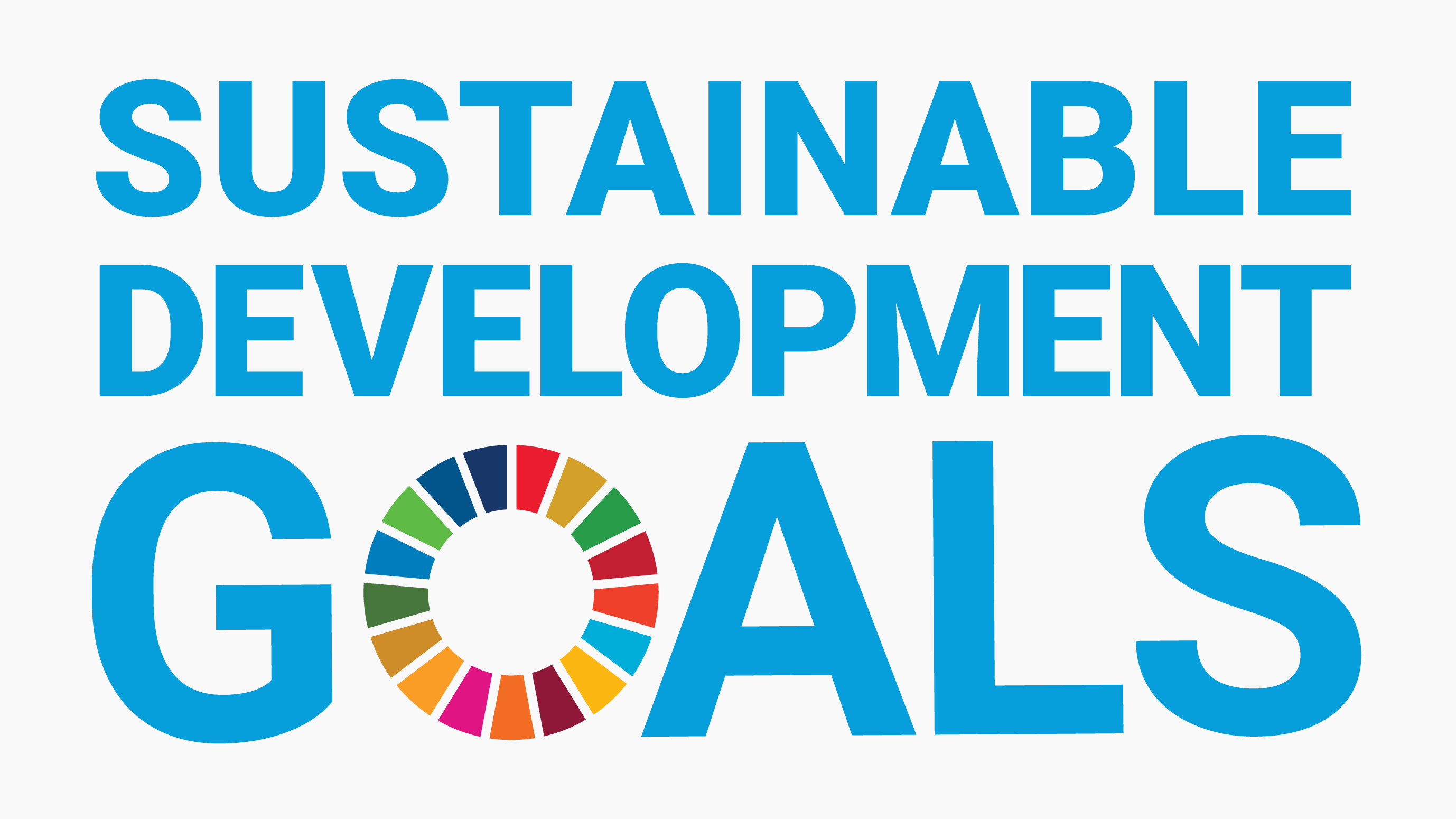Advancing development of the cause of the disabled, and everyone can get a decent job

The COVID-19 pandemic is not only a health crisis, but also an economic crisis and a security crisis. In the process of dealing with epidemic, unfavorable factors for the disabled such as attitude, environment and system have reappeared. As a result, the disabled have been particularly severely affected. Disability tolerance is a necessary condition for the maintenance of human rights, sustainable development, peace and security, and it is also at the core of the promise of no one left behind in the 2030 Agenda for Sustainable Development. A commitment to the rights of persons with disabilities is not only a matter of justice, it is an investment in our shared future.
According to WHO estimates, more than 1 billion people(approximately 15% of the world’s population) suffer from some kind of disability, and this number will increase in the future. Compared with able-bodied people, there is a big gap between disabled people in terms of employment rate, employment quality, and employment structure. Employment is the foundation of people’s livelihood, and most disabled people are capable of working or at least have certain working capabilities. Employment is the greatest guarantee for people with disabilities. Through employment, people with disabilities can realize their labor rights and their own values, get rid of poverty, improve their living conditions and quality of life, and can truly participate in social activities with an equal attitude, improve their social status, integrate into society, and share the fruits of social progress and development.
The employment of the disabled has received widespread attention from international society. Their employment level and employment policies are not only one of the indicators of the level of economic development of various countries, but also the embodiment of their human rights concepts. In the process of responding to the COVID-19 disease, many countries have extended a helping hand to the livelihood security of the disabled. We found that Bulgaria, Malta, and Lithuania have increased the funding of the social security system to expand social support services, and make it cover more beneficiaries, including people with disabilities; In Argentina and Peru, considering the COVID-19 crisis, recipients of disability allowances can also get additional benefits; France announced similar measures to benefit people who receive disability allowances; Tunisia’s emergency plan includes cash assistance to low-income families, the disabled and the homeless.
When responding to the epidemic’s impact on the employment of persons with disabilities, other countries can learn from the practices of the above-mentioned countries and provide support for ensuring the lives and employment of persons with disabilities. We have also come up with a variety of initiatives, such as providing financial assistance for disabled persons with no income(such as lump-sum subsidies, tax relief measures, etc.); increasing existing disability benefits, which includes early disbursement of benefits to cover additional expenditures for disabled persons; automatically extending all disability-related benefits that are about to expire; and providing financial compensation for self-employed disabled persons with reduced incomes, etc.
About Us
Institute of International Exchange is an international non-governmental and non-profit organization. We hope to build an equal and friendly platform for exchanges and cooperation around the world.
© 2023 Institute of International Exchange




